Although I am unable to agree that corruption is the most serious problem that Nigeria grapples with, I subscribe to efforts aimed at tackling the insidious scourge in the country. I hold that corruption is merely symptomatic of deeper failures in our nation, even as I agree that it bears debilitating effects and must be reduced to the utmost minimum.
It follows therefore that I see nothing wrong with President Muhammadu Buhari’s determination to fight corruption. The only problem I have with the President’s fight is that he went into this war with a lot of presumptions, a blind spot, unexpected in a man who attained the status of a General of the Army.
True that occasional impatience and rashness could be part of the DNA of soldiering, but by the time a soldier attains the rank of a General, professional experience and effluxion of time should endow him with the virtue of temperance such that they are more contemplative and strategic about the wars they choose to fight. That is the only way to minimise the loss of foot soldiers and ultimately win the war. But President Buhari went into the war against corruption without a working understanding of what he is against.
But it is not a point that surprises me. In the thick of electioneering in 2015, I authored a piece published in an online news portal, sabinews.com, in which I suggested that Candidate Buhari lacked an understanding of the issues surrounding corruption and the legitimate ways to deal with it in a democracy. That handicap cast a damp on the propensity for success.
Advertisement
In the said piece, I wrote inter alia: “Buhari does not appear to understand the manifold dimensions to corruption in Nigeria let alone how to tackle the same…Speaking at the opening of his campaign in Uyo, Akwa Ibom State, he promised that all corrupt people would be sent to Kirikiri if he won the election. He sounded like he would supervise the arrest of these people, put them on trial himself and then decide the prison facility where they would serve their term. How does an elected President achieve that? In any case, this would imply that people can cheat the country so far they do not get caught?”
In assuming that hurling everyone perceived to be corrupt into jail and blocking leakages, as they say it, Nigeria would be free of corruption, the President fell into the error that needs prompt revisiting. And if the idea of evaluation is part of the administration schedule for its important initiatives, the foregoing should be apparent to the President and his minders, for two reasons, at least.
The first is that one clear year after the administration launched its legal salvo against corruption with the case involving the immediate past National Security Adviser; Col. Sambo Dasuki (retd.), not one of the multiple cases that have been initiated in court has reached final determination.
Advertisement
Again, the tendency for an impetuous administration is to situate such delays in the compromise of the judicial system, a conclusion, which no doubt led to September’s midnight invasion of homes and subsequent arrest of some judicial officers.
But even if that were completely so, the recent indictment of three of its own for corrupt practice should worry the government more. Although these allegations have yet to be proved, the mention is enough to ruffle the confidence of the administration in the success of its anti-corruption drive.
There couldn’t be a more damning evidence of the lack of consensus on the definition of corruption when the symbol of the war in the person of Acting Chairman of the Economic and Financial Crimes Commission, Ibrahim Magu, has been called out by another agency of government.
There are reports preaching that we take a dim view of the Department of State Services’ report on Magu as part of a long chain of transactions aimed at eliminating him. But even if we agree, that the plan is hatched by an important agency, headed by someone who has Buhari’s ears, sustains the sentiment that corruption means different things to members of this administration.
Advertisement
Incidentally, the EFCC honcho is in company with two of the most influential people in the Buhari administration namely, the Secretary to the Government of the Federation, Babachir Lawal and Chief of Staff, Abba Kyari.
That Lawal and Abba Kyari can be associated with corruption with some measure of evidence produced by their indicters should bump Buhari back to the reality that corruption, like all other human foibles can find expression in all peoples regardless of their ethnic, political or religious persuasions. Neither does having been acquainted with people since they were in their mother’s womb exclude them from the temptations of weak systems in an impoverished society like ours.
Not only that, the fingering of these men is equally a check of Buhari’s determination to deal with corruption without fear or favour. So far, his disposition to these accusations tends towards validating allegations of unevenness.
Grated that the Senior Special Assistant on Media and Publicity, Mallam Garba Shehu, informed that the President had ordered the Attorney-General of the Federation and Minister of Justice, Abubakar Malami, to initiate a probe of top government officials accused of corruption, that decision sounds like an afterthought, coming months after these charges began to make the rounds.
Advertisement
Why has the administration played deaf until the Senate, which the executive has successfully decked in corruption garbs, found its own pound of flesh in Lawal’s alleged misconduct?
But there is an even more serious sense in which that order is detrimental to the war against corruption and indicative of Buhari’s lack of understanding of how to effectively and sustainably tackle corruption.
Advertisement
Why does a President have to order the AGF to perform a duty that the constitution of the country expressly donates to him? Is this not another indication of the President’s overbearing influence and his ministers’ inability to take initiative? It is unnerving that he had to prompt the AGF into action just days after he, in like manner, ordered the payment of the allowances of Nigerian female football team, the Super Falcons? Why does he have to “order’ before the basic things are done?
We can take the argument further to say that a President, determined to set Nigeria on the path to terminally dealing with corruption, would see the need in working with the National Assembly to strengthen the institutions and laws that deal with corruption in Nigeria. Such a sustainable triumph is impossible in any society in which prosecuting authorities wait for presidential instructions of acquiescence.
Advertisement
What if the President encourages the amendment of Section 174 of the 1999 Constitution for the separation of the office of the Attorney-General of the Federation from that of the Minister of Justice, in such a way that the AGF is independent of executive influence? The executive seems uninterested in this because it wants the fiat warehoused by the office of the AGF, its appointee, to remain under its tab.
This is why a government whose agencies are notorious for prematurely arresting, charging people to court and seeking orders to detain suspects while investigations are ongoing, would set up administrative inquiries into allegations against its own officials when such officials remain in office! Such double standards show a disheartening failure of fairness.
Advertisement
They also show that the President needs to go back to the drawing board and invite support from all arms of government to understand the science, philosophy and sociology of corruption in Nigeria. Currently, the man is not fighting corruption but recovering monies from those who are not in his camp.
Overall, I maintain that the best instrument for fighting corruption is the broadening of the frontiers of economic prosperity, fine-tuning our laws along the lines of modern day realities, strengthening and encouraging the independence of institutions, ensuring compliance to all procedures of public service deliveries many of which have collapsed or too weak to confront the ravaging political elite and ensuring transparency in public works and processes. The President should thus perish the thought that he lives with saints as those can only be found in Heaven.
Most importantly, no one suspected of corruption must be seen to receive any form of protection from the state. It bears stating that how President Buhari and his administration handle the allegations against Lawal and co will determine whether we have an ongoing war against corruption or it has become a stillbirth.
Views expressed by contributors are strictly personal and not of TheCable.
2 comments

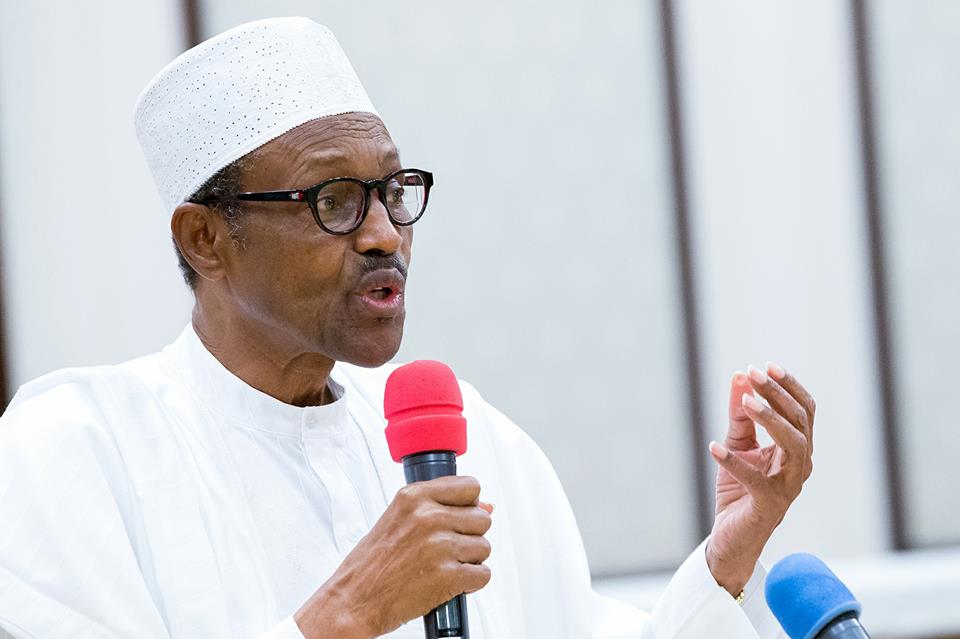

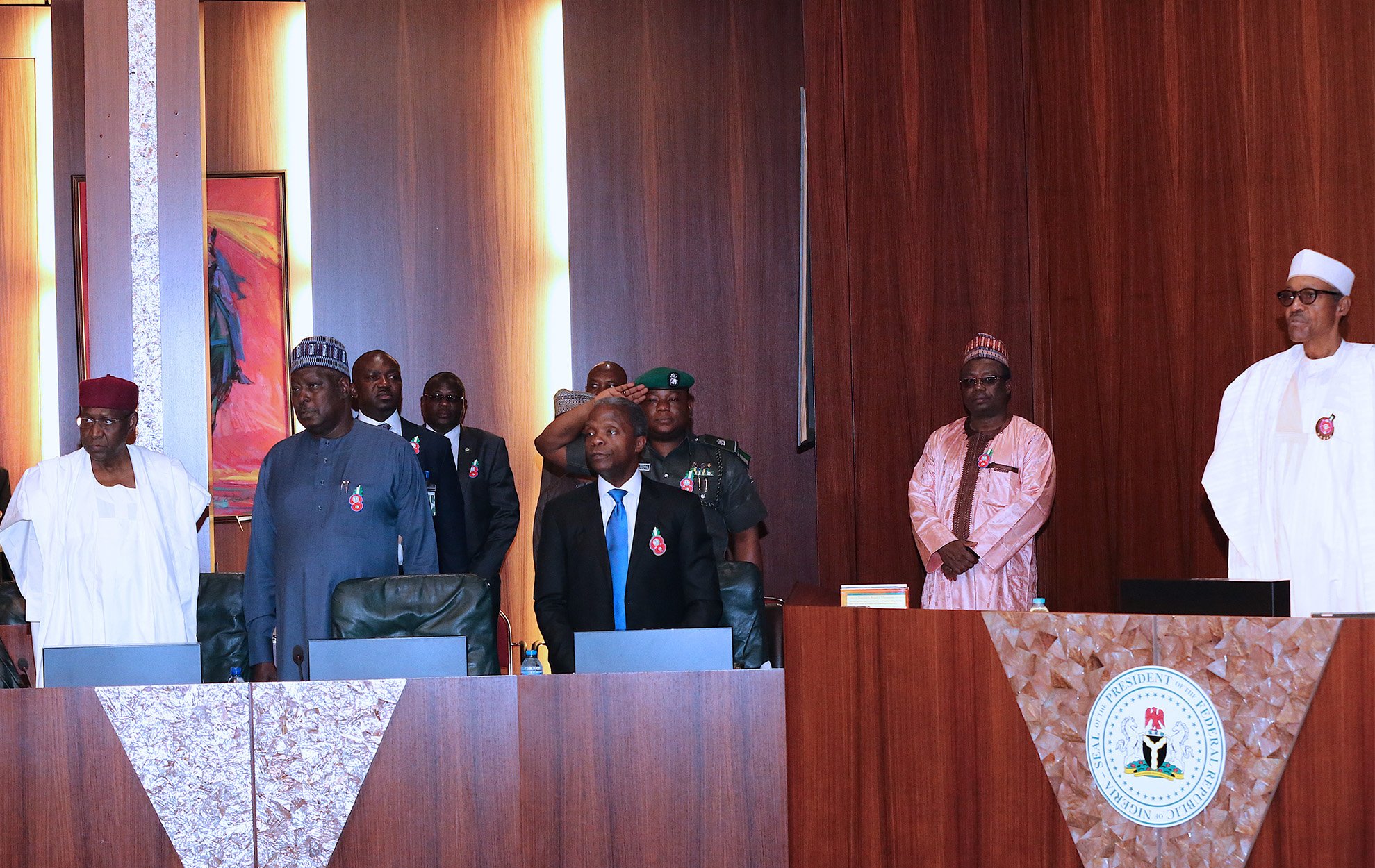
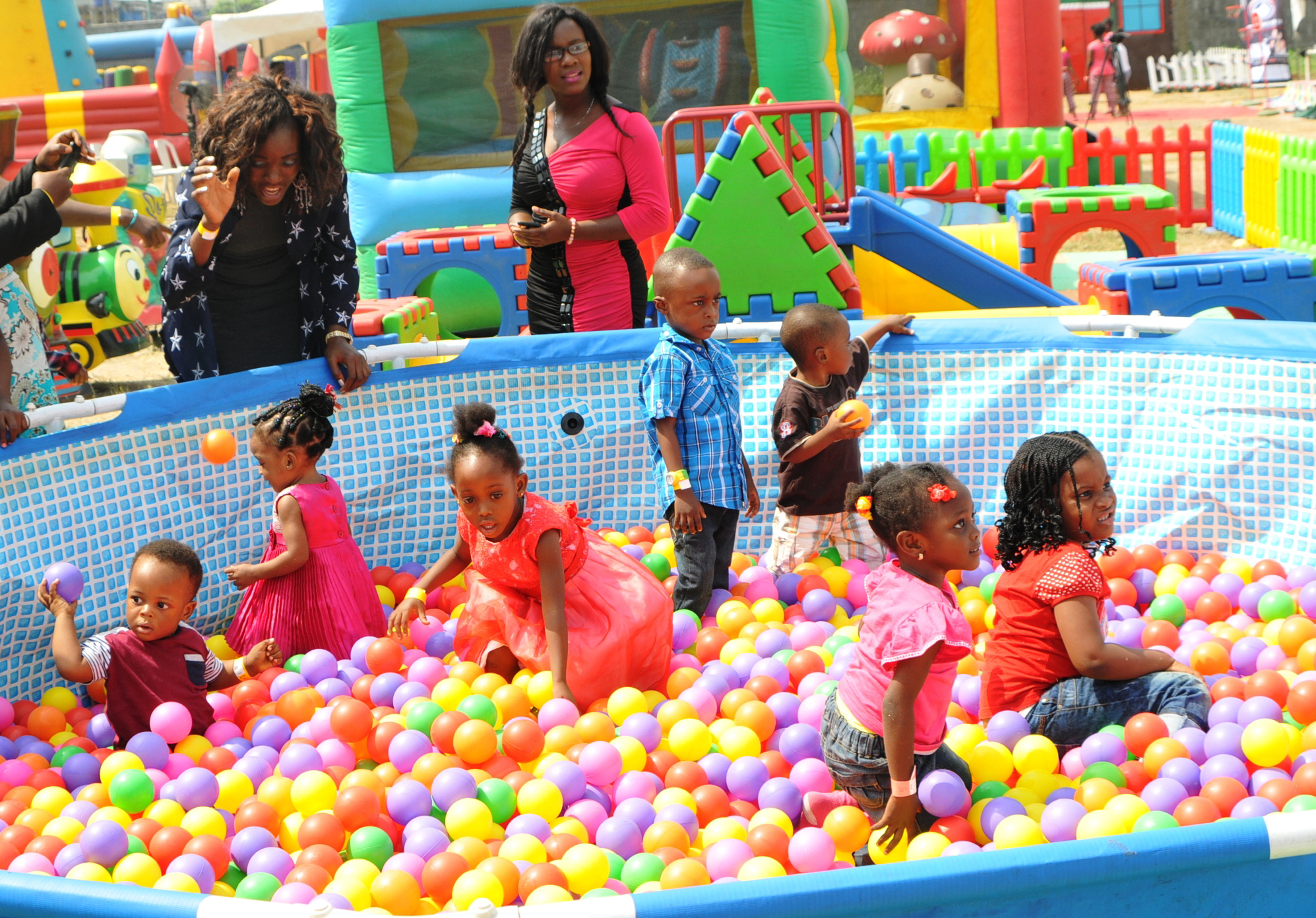
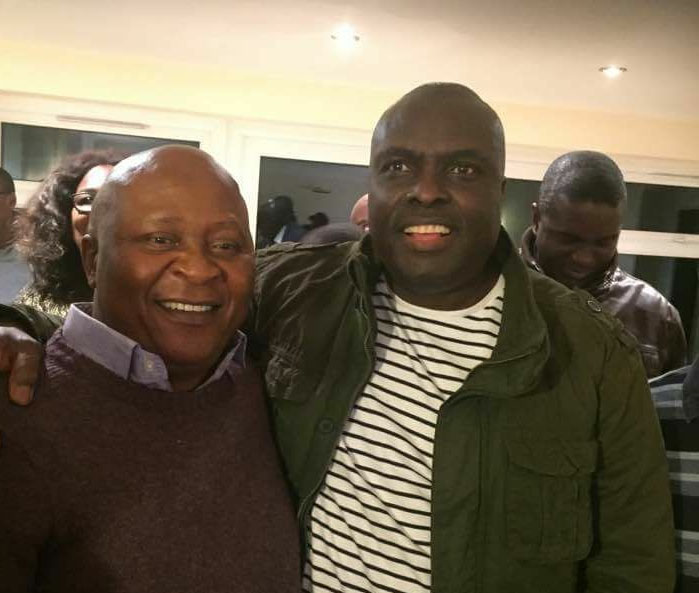

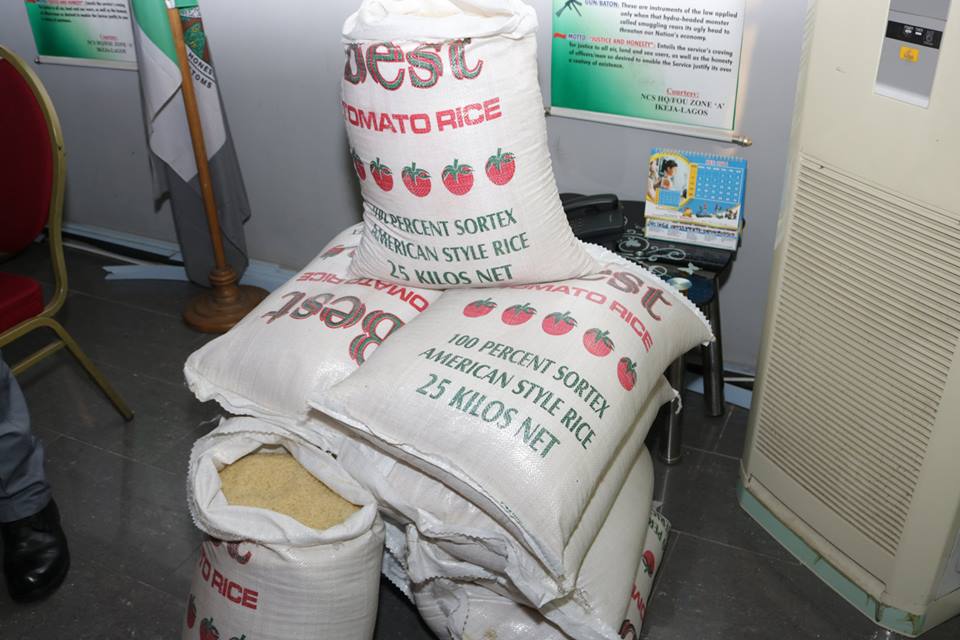
One sees little evidence that Buhari’s team has viable answers. I’d suggest, for a start, that it abandon the farcical pretense of fighting a war against corruption. Cut that drama that has produced no conviction of consequence in more than a year. Just stop it, period! And then, urgently, seek the help of knowledgeable people with expertise in steering an economy out of a stormy recession.
to you its dead on arrival, to those being exposed, its wide awake